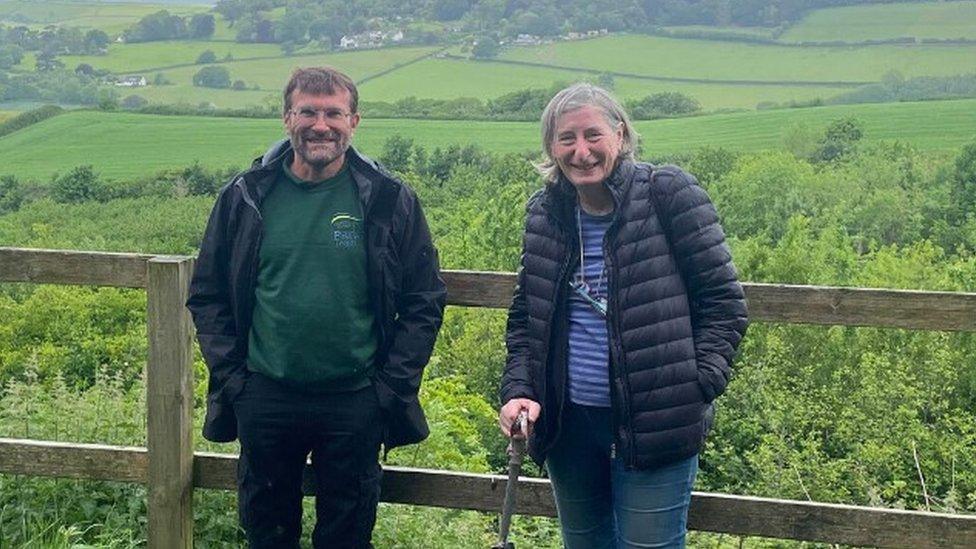North tree planting project hoped to absorb 600,000 tonnes of CO2
- Published
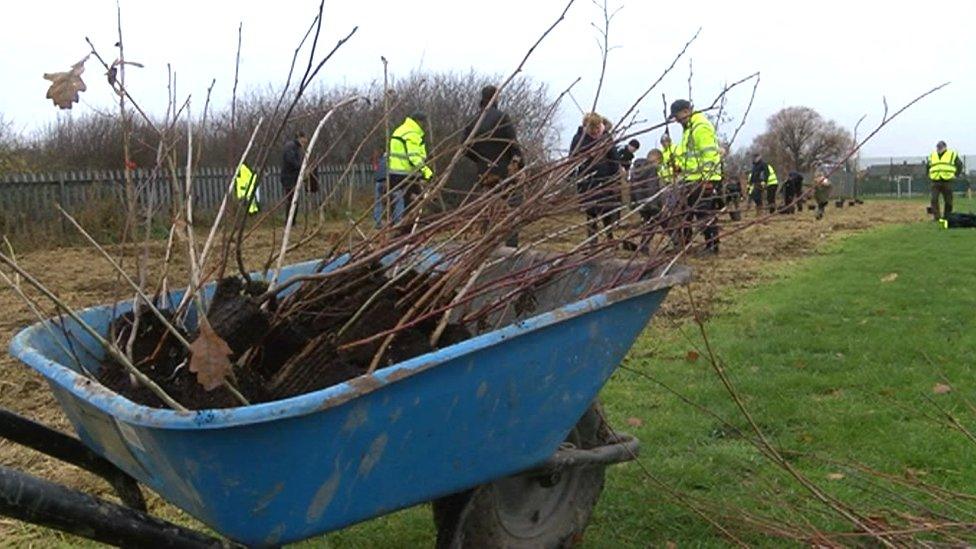
The Northern Forest will have 50 million trees stretching from Hull to Liverpool
Plans to expand woodland across England by the size of more than 3,000 football pitches have been unveiled.
The Department for Environment, Food and Rural Affairs (Defra) hopes the mass planting will absorb 600,000 tonnes of carbon dioxide by 2050.
Humber, external and Mersey, external Forests, the Northern Forest, external and Great Northumberland Forest, external will benefit from the scheme's funding.
Forestry Minister Lord Zac Goldsmith said the scheme would tackle climate change and improve health.
"Our economies, livelihoods and wellbeing all rely on nature," he said.
The plans to plant 2,300 hectares (5,680 acres) of trees will focus on areas with the lowest woodland cover.
"Larger, well-designed and more diverse woodlands" would be created, Defra said.
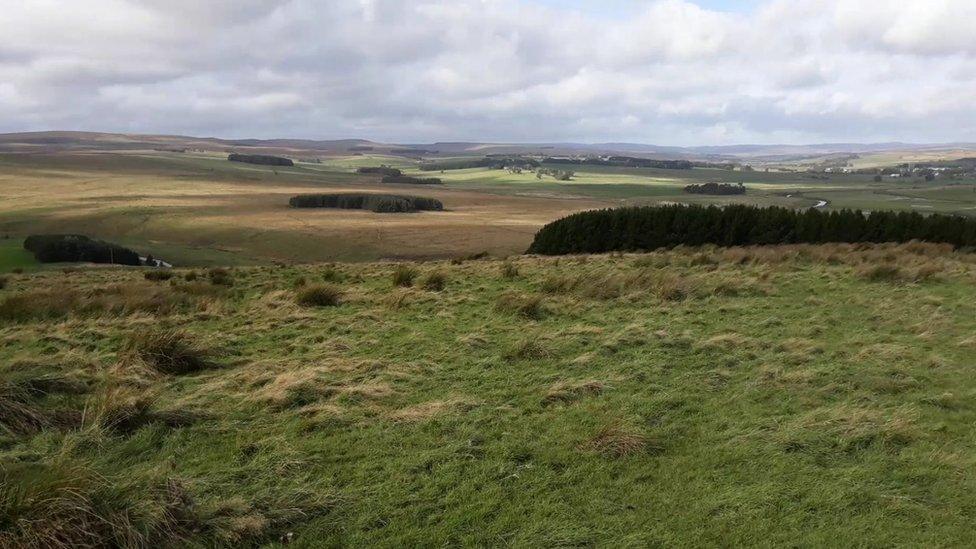
Up to one million trees will be planted to make the Great Northumberland Forest
Woodlands with a variety of species are more resilient to climate change because different types of trees have distinctive tolerances to heat and drought.
Mixed woodlands are also better at weathering hazards such as wildfires and storms than the monoculture timber forests and can help reduce flooding by slowing the flow of water.
Chairman of the Forestry Commission, Sir William Worsley, said the social, environmental and economic benefits of being in woodlands were "well-documented".
"It is a personal mission of mine to make sure as many people as possible get to experience these benefits," he said.
There would also be job opportunities in planting, establishing and managing the new trees, he added.
The £750m Nature for Climate Fund, announced at the end of 2020, will pay for the scheme.
In total, 13 community forests across England are to benefit from the funding.

Follow BBC North East & Cumbria on Twitter, external, Facebook, external and Instagram, external. Send your story ideas to northeastandcumbria@bbc.co.uk, external.
- Published26 March 2022
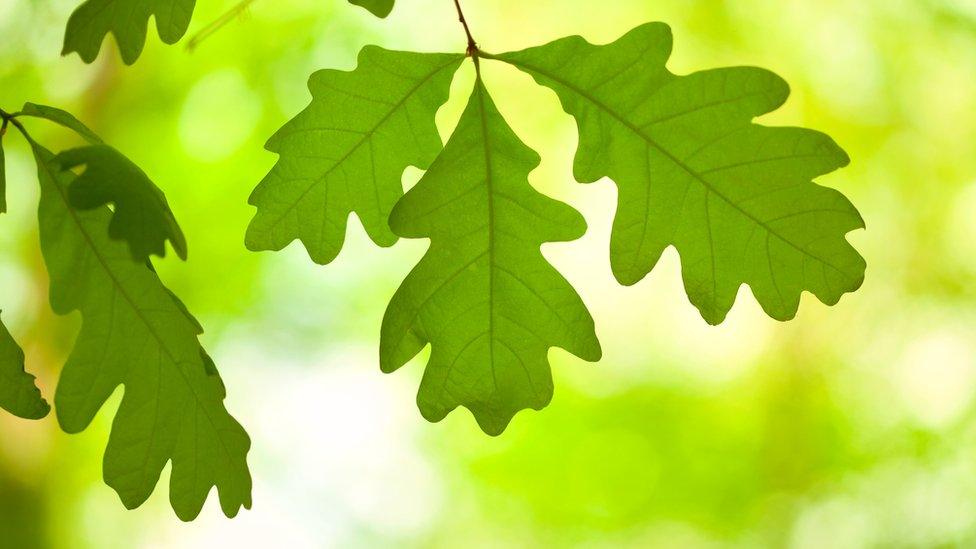
- Published29 April 2020

- Published9 June 2022
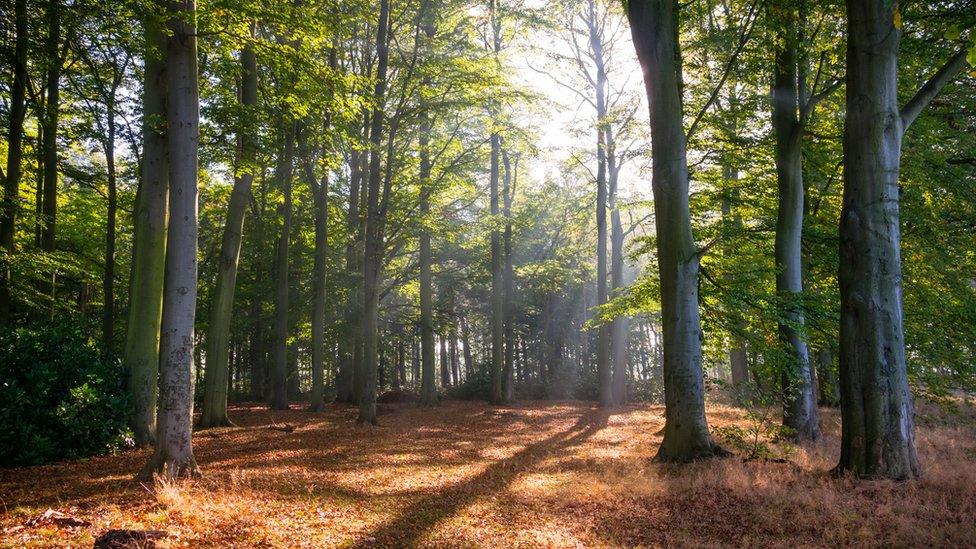
- Published24 March 2022

- Published15 July 2022
